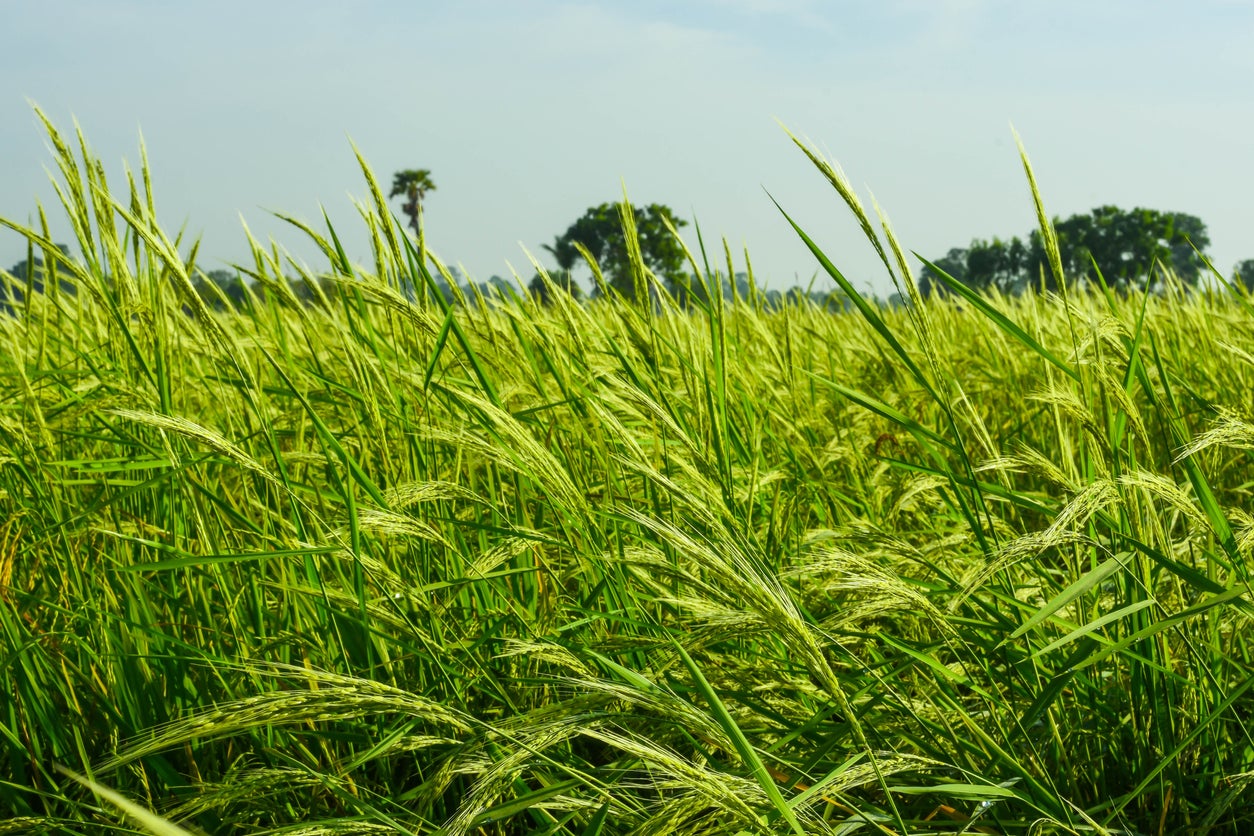What Are Crop Wild Relatives – Why Are Crop Wild Relatives Important


What are crop wild relatives and why are they important? Wild crop relatives are related to cultivated domestic plants, and some are thought to be ancestors of plants such as barley, wheat, rye, oats, quinoa and rice.
Many familiar vegetables such as asparagus, squash, carrots, garlic and spinach also have wild relatives. In fact, most domestic plants have at least one wild relative.
Crop wild relatives often don’t taste as good as domestic crops, and they may not appear as appetizing. However, they have traits that make them important. Let’s learn more about the usefulness of crop wild relatives.
Importance of Crop Wild Relatives
Why are crop wild relatives important? Because they continue to evolve in the wild, crop wild relatives are able to develop beneficial traits such as hardiness, drought tolerance and pest resistance.
Crops wild relatives are important for maintaining a healthy environment. They may be critical for maintaining or improving food security in areas where agriculture is increasingly challenged by global climate change. Scientists believe that crop wild relatives are hardy and more adaptable to higher temperatures, floods, and droughts. They also provide a great deal of genetic diversity.
Many of the plants, in their wild state, are valuable sources of fruit, tubers and seeds. They are also grazed by wildlife and livestock.
Additional Crop Wild Relative Info
Organizations such as the Crop Science Society of America and Biodiversity International are dedicated to collecting and preserving seeds, as many crop wild relatives are threatened by loss of cropland due to population growth, overgrazing and deforestation.
Sign up for the Gardening Know How newsletter today and receive a free copy of our e-book "How to Grow Delicious Tomatoes".
The hope is that by storing seeds in seed banks, crop wild relative plants will be maintained well into the future. However, many are already extinct, or are nearing extinction.
The seeds are also shared with growers who are interested in participating in the program. Many will breed the plants with domestic plants to produce stronger varieties. Others may grow the seeds near domestic plants so they will cross via natural means.

A Credentialed Garden Writer, Mary H. Dyer was with Gardening Know How in the very beginning, publishing articles as early as 2007.